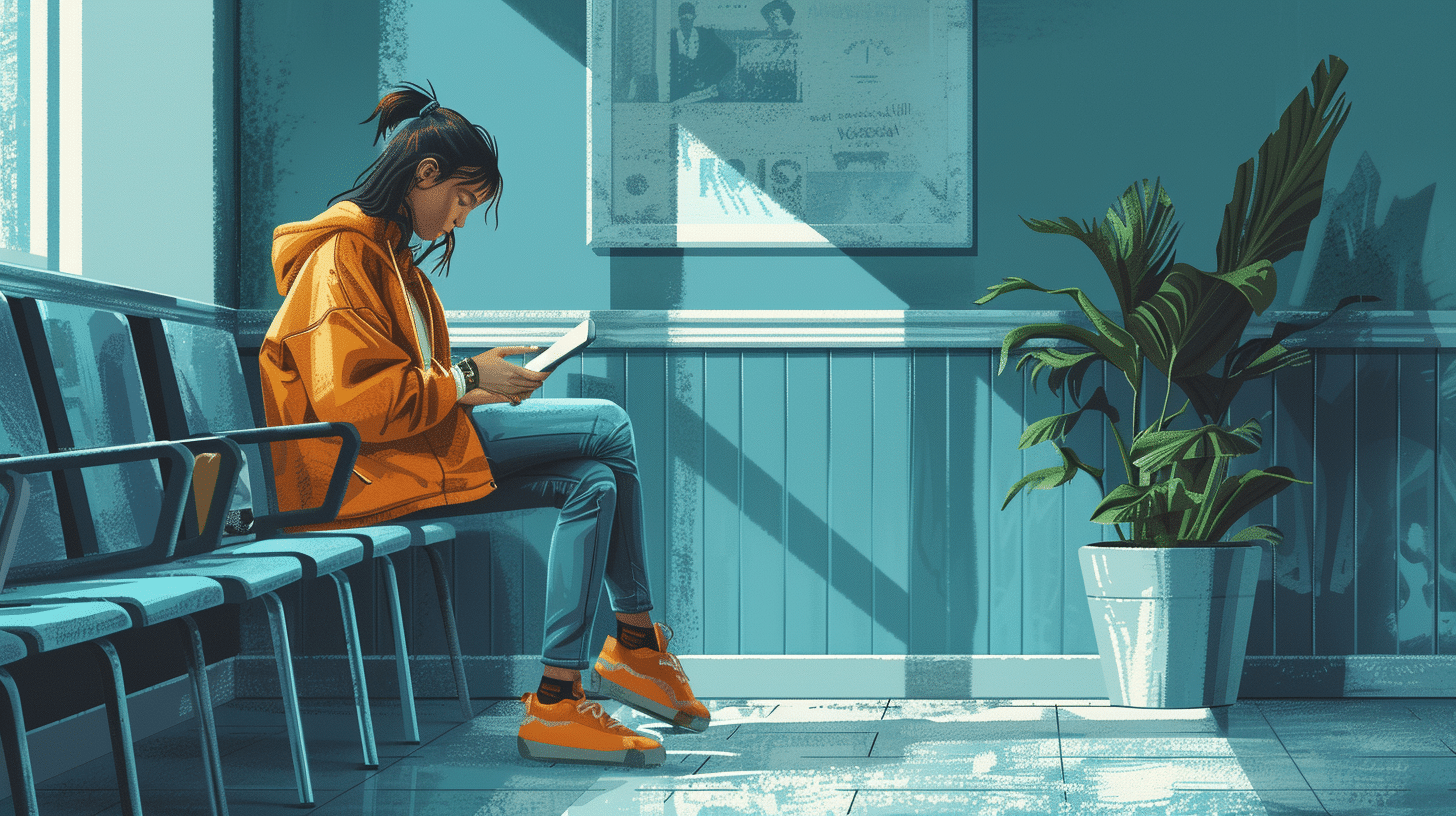Pick a language and start learning!
Use of “sia… che…” and “sia… sia…” Exercises in Italian language

Mastering the use of "sia… che…" and "sia… sia…" in Italian can significantly enhance your ability to construct more nuanced and sophisticated sentences. These conjunctions are essential for expressing dual conditions, choices, or inclusions in a more elegant and fluid manner. For instance, "sia… che…" (both… and…) and "sia… sia…" (both… and…) allow you to connect two elements or ideas seamlessly, making your statements more comprehensive and polished. Understanding how to use these structures correctly can help you articulate complex thoughts with greater clarity and precision.
In these exercises, you'll explore various contexts and examples to practice and solidify your grasp of "sia… che…" and "sia… sia…". Whether you're combining adjectives, nouns, or verbs, these conjunctions can be a powerful tool in your linguistic arsenal. By engaging with these exercises, you'll gain confidence in using these constructions in your everyday conversations, written communications, and formal interactions. Dive in to refine your Italian language skills and take a step closer to fluency by mastering these essential conjunctions.
Exercise 1
<p>1. Sia Mario *che* Luca sono venuti alla festa (both Mario and Luca came to the party).</p>
<p>2. Vorrei visitare sia Roma *che* Firenze durante il mio viaggio in Italia (I want to visit both Rome and Florence during my trip to Italy).</p>
<p>3. Sia la pasta *che* il pane sono fatti di farina (both pasta and bread are made of flour).</p>
<p>4. Ho comprato sia il libro *che* il quaderno per la scuola (I bought both the book and the notebook for school).</p>
<p>5. Sia la mamma *che* il papà sono andati al lavoro (both mom and dad went to work).</p>
<p>6. Sia il gatto *che* il cane sono animali domestici (both the cat and the dog are pets).</p>
<p>7. Mi piace sia la musica classica *che* il rock (I like both classical music and rock).</p>
<p>8. Sia io *che* mia sorella sappiamo nuotare (both I and my sister know how to swim).</p>
<p>9. Sia il film *che* il libro erano emozionanti (both the movie and the book were exciting).</p>
<p>10. Sia la colazione *che* il pranzo erano deliziosi (both breakfast and lunch were delicious).</p>
Exercise 2
<p>1. *Sia* Maria *che* Paolo amano la pizza (both... and... for people).</p>
<p>2. Mi piace *sia* il gelato *che* la torta (both... and... for food).</p>
<p>3. *Sia* la matematica *che* la scienza sono materie difficili (both... and... for subjects).</p>
<p>4. Vorrei visitare *sia* Roma *che* Firenze (both... and... for cities).</p>
<p>5. *Sia* il cane *che* il gatto sono animali domestici (both... and... for animals).</p>
<p>6. Mi piace ascoltare *sia* la musica classica *che* il rock (both... and... for types of music).</p>
<p>7. Puoi scegliere *sia* il vestito rosso *che* quello blu (both... and... for clothing).</p>
<p>8. *Sia* mio padre *che* mia madre parlano italiano (both... and... for family members).</p>
<p>9. Questo libro è interessante *sia* per i bambini *che* per gli adulti (both... and... for age groups).</p>
<p>10. Ho bisogno *sia* del pane *che* del latte per fare colazione (both... and... for breakfast items).</p>
Exercise 3
<p>1. Alla festa c'erano *sia* bambini *che* adulti (both...and).</p>
<p>2. Vorrei *sia* un caffè *che* una brioche (both...and).</p>
<p>3. Durante le vacanze visiteremo *sia* Roma *che* Firenze (both...and).</p>
<p>4. Puoi studiare *sia* all'università *che* online (both...and).</p>
<p>5. Mi piace *sia* leggere *sia* scrivere (both...and).</p>
<p>6. Il ristorante offre *sia* piatti vegetariani *che* vegani (both...and).</p>
<p>7. Lui è bravo *sia* in matematica *sia* in scienze (both...and).</p>
<p>8. Dobbiamo comprare *sia* il pane *che* il latte (both...and).</p>
<p>9. Puoi scegliere *sia* il rosso *sia* il blu (both...and).</p>
<p>10. Amo *sia* la montagna *che* il mare (both...and).</p>







